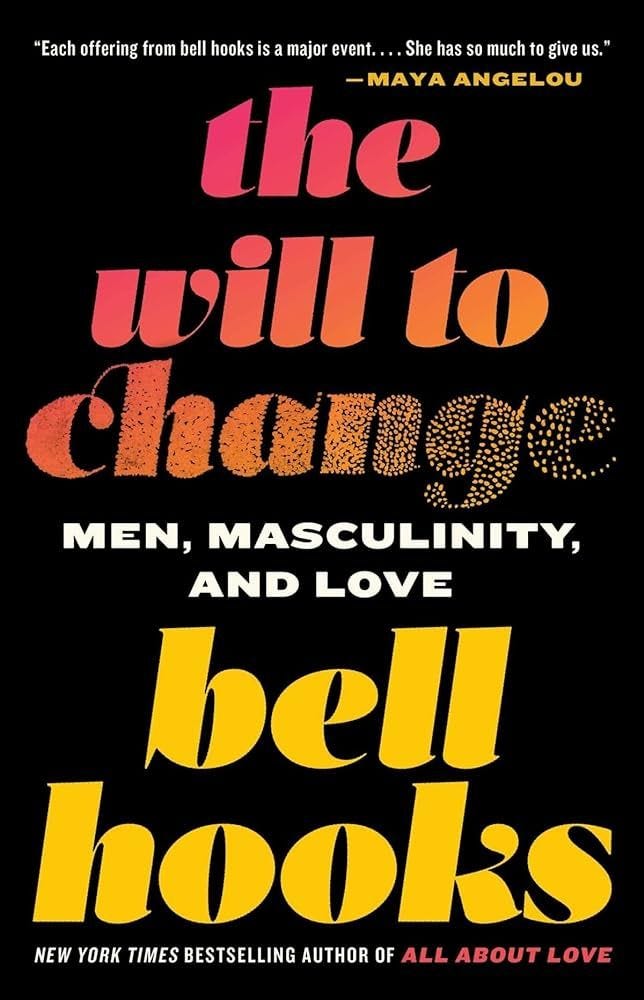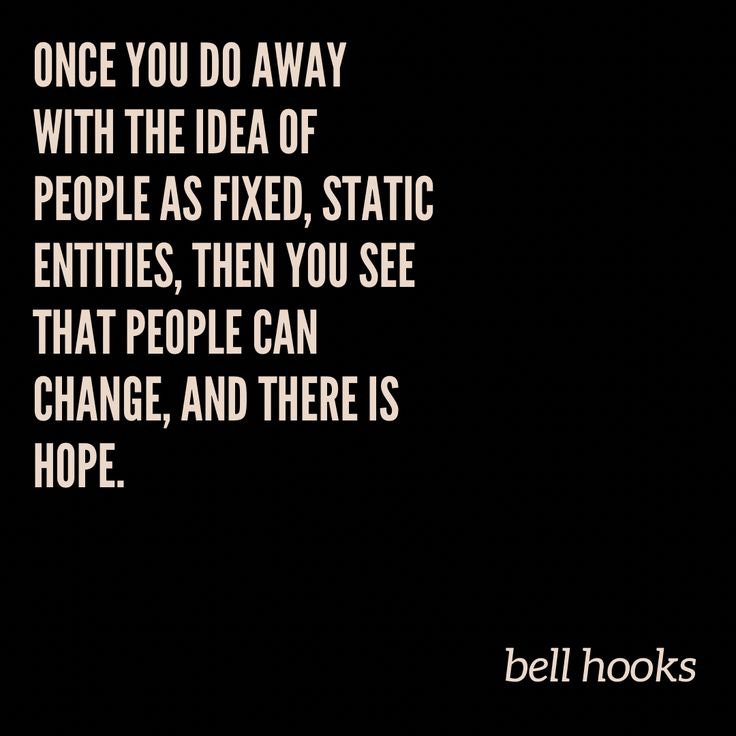*The Gladis contributors have been reading The Will to Change by bell hooks and have created a series that takes you, our own beloved readers, through our reflections on each chapter.
When in quest of cishet men who are open to receiving love and who know how to love well, we are searching for men who are open to vulnerability. The vulnerable man is a rare find indeed, much to the dismay of those seeking partnership with these men across the US (I suspect this is a global issue but prefer to only discuss things I’ve witnessed firsthand). And why is it that men have so much difficulty not only with being vulnerable but with witnessing vulnerability as well? In chapter 1 of bell hooks’ The Will to Change we’re given a multitude of reasonings.
Let’s take a moment to consider what expectations our society has historically put on men. They were told that the world is their oyster and that nothing stands in their way but themselves. They were to be the breadwinners and needed to climb the ladder. They were to be innovative and entrepreneurial while at the same time big and strong. American men have been told that they must paint the utmost picture of American exceptionalism, after all, all of this has been built for them, right? … Where in that set of standards given to our men is there room to be human?
Within our patriarchal society, men have been expected to operate within constricting margins. When considering normative culture and its origins it’s important to investigate the power dynamics at play. Who is benefiting from the maintenance of these societal norms for their gender and what is the objective of these expectations? Men have been cast as the key to capitalistic productivity. Along the way, we all bought into this narrative of men being our unflinching champions. And they performed well. They fought with valor to keep afloat the shining values handed to us from Christian patriarchal whiteness. They were sold a bill of goods that turned out to be rotten and they have suffered, just as we have suffered alongside them.
Within men has been a silent misery that has shown up outwardly in all sorts of ill ways. In being our champions, they have become dissociated from their emotional selves. As bell hooks states, “If we cannot heal what we cannot feel, by supporting patriarchal culture that socializes men to deny feelings, we doom them to live in states of emotional numbness. We construct a culture where male pain can have no voice, where male hurt cannot be named or healed.”
It is precisely this inner silent misery that causes men to become violent and it is their supposed inherent power that prompts them to become competitive but stagnant. They push people away so as not to expose themselves as the emotional beings they truly are, but it is a natural, human-born right to feel and, through these emotions, connect to all that is around us.
bell hooks consistently reminds us that cishet men know something massive is missing from their lives and they feel there is no way to fill it. I suspect it is not only emotions that they are forced to be disconnected from but all of nature itself. They are to be a machine, to root themselves in only the traits and goals that serve capitalistic endeavors. How could this severing not send them down a fearful path of disconnection and lovelessness?
Men have all but been told they won’t be able to fill their roles or meet their quotas if they soften. It’s as if they are wild animals backed into a corner, lashing out in a last-ditch effort to preserve themselves. But what would happen if they let themselves crumble, if they let the shield come down and allowed themselves to be witnessed as they fall to pieces?
The societal powers that be don’t want men to show they have any negative emotions (other than violence because that shows we’re powerful as a nation, right??) An acknowledgment of emotion would be the ultimate admittance that the systems in place aren’t working. If cishet men -the very people who have been told should be profiting and thriving from the systems in place - are unhappy, then who is all this hard work and suffering really for? I’m poised to side with bell hooks on this as she states, “Only a revolution of values in our nation will end male violence, and that revolution will necessarily be based on a love ethic. To create loving men, we must love males… Caring about men because of what they do for us is not the same as loving males for simply being. When we love male-ness, we extend our love whether males are performing or not (…) In patriarchal culture, males are not allowed to simply be who they are and to glory in their identity. Their value is always determined by what they do.”
It won’t be until we come together to dismantle the capitalistic expectations of our nation that we will see a society where our cishet men are healthy and open to giving and receiving love. But, as bell hooks implores, “what will motivate males in a patriarchal culture who have been taught that to (…) choose love, when the choice means that they must stand against patriarchy, against the tyranny of the familiar?”
Many of us have come to a place of disregarding, avoiding, or downright hating men (and rightfully so as humanity has experienced endless suffering by their hands).
As I’ve written this, I’ve thought to myself over and over how my intention is not to practice male apologetics, but I do wonder if we as a community are being best served by out-casting men in this way or if there is a third way?
There certainly has been a power imbalance that we’ve needed to right but when do we call men back in? Society cannot forego cishet men to become better. We are all on one ship and will sink or rise together. We will never live in a society without men and so, for the health of the whole community, how do we invite them back in in a way that is safe for all?
I think bell hooks give us a great start with, “Life has shown me that any time a single male dares to transgress patriarchal boundaries in order to love, the lives of women, men, and children are fundamentally changed for the better. (...) We cannot change men but we can encourage, implore, and affirm their will to change. We can respect the truth of their inner being, a truth that they may be unable to speak: That they long to connect, to love, to be loved.”






